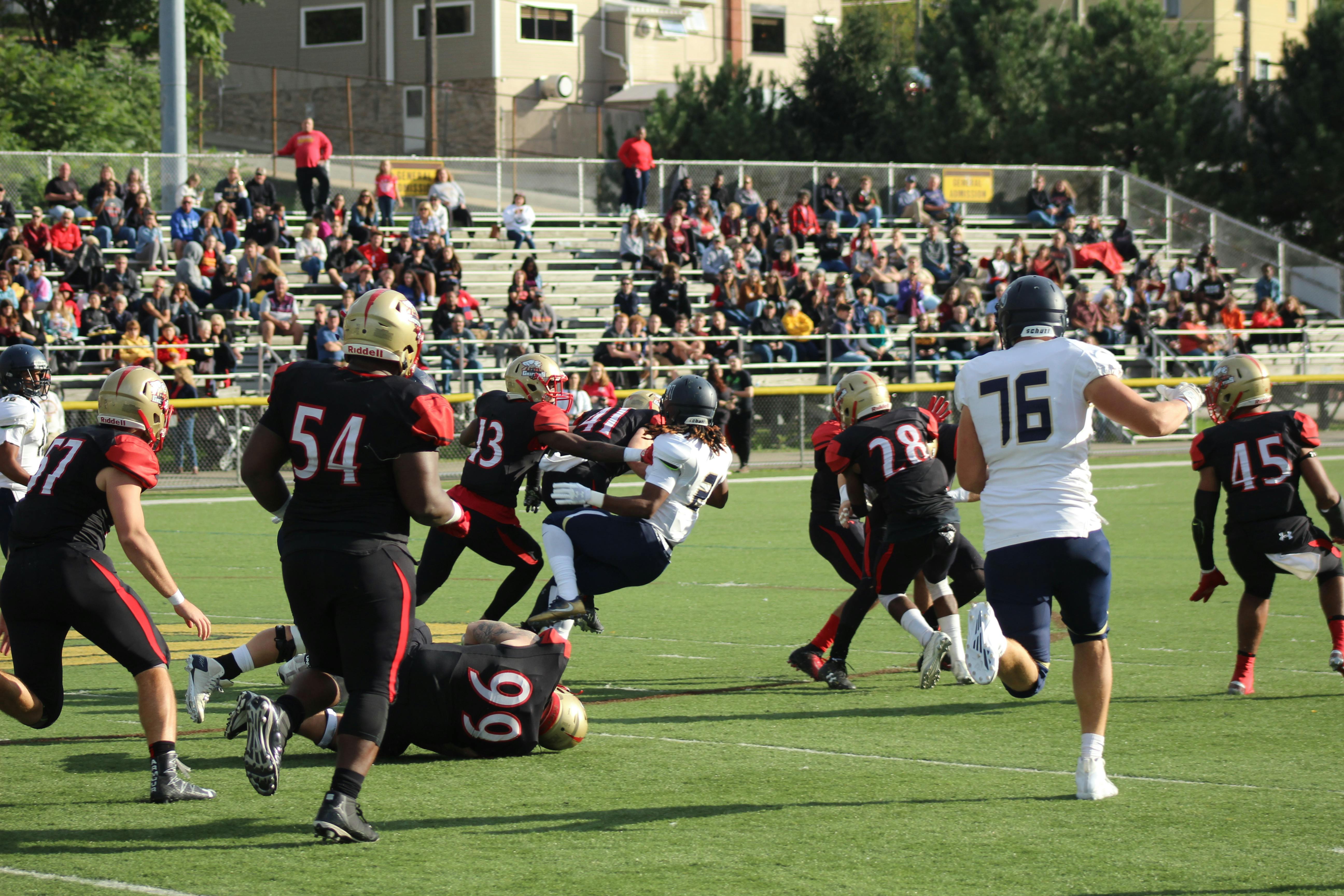Keeping children safe during floods
Floods are a danger to everyone, but even more so to children. Children are not aware of the dangers present in a flood, so special care must be taken to protect them from harm. Flood water is contaminated with varieties of different bacteria that can spread harmful diseases as well as the fact that you are at a higher risk of drowning.
Precautionary measures should always be taken in preparation for a flood. You will need to compile a flood survival kit along with a flood plan, food and water supplies kept in reserve, and know how to turn off all main supplies (gas, electricity and water). Being prepared gives you the best possible chance of surviving during and after a flood.
During a flood, your water supply is likely to become contaminated, therefore it is suggested that you keep a portable gas stove in your boiling water survival kit because when you boil water, it kills any harmful bacteria residing in it. The same applies to water supplied from a tanker, bacteria can build up inside the tanker depending on how often and the exact date it was last cleaned. This is especially important when babies are formula fed. Precautions should always be taken by maintaining a clean supply of bottled water for drinking and washing.
When heating water from a container for feeding a baby, there are a few steps you will need to follow. First of all you will need to heat the water until it boils; boiling means that the water has reached a temperature where it is now safe to consume. When allowing the water to cool, it should be kept in a clean, sealable container to prevent cross-contamination and should be left for no more than thirty minutes. After this, the water should be added to the formula as usual. This should ensure the safety of your child’s feeding, but it would be better to use bottled water if he is unsure. Another option is to maintain a supply of pre-prepared formula that is used as an alternative to powdered milk. If you don’t have the facilities to boil water, be sure to keep a fresh supply of spring water (bottled water generally contains high levels of sodium, check labels to make sure they are below 200). This can be used for formulas, but should be given to the child as soon as it has been prepared. If you are unsure of your water supply, it is generally a good idea to contact your supplier for advice.
Hygiene is extremely important at this stage. As most parents will know, children have a habit of putting things in their mouths. Keep an eye on them to make sure this doesn’t happen and you’ll also need to make sure they wash their hands regularly, especially before meals. If you don’t have a water supply, baby wipe supplies are good alternatives.
Once you return home after a flood, you still need to be aware of the dangers. It is probably best to keep your child(ren) elsewhere until the cleanup process is complete. The most obvious danger you will face is contamination, anything that has been in contact with the flood water will need to be sanitized and disinfected. This will involve cleaning clothes, fabrics, and toys that have come into contact with the water, disinfecting all surfaces and cabinets, as well as walls and doors. Other potential hazards include protruding nails, raised flood boards, and broken shingles. It’s a good idea to clean sidewalks and grass, allowing it to return to normal, garages and basements should also be given time to fully air out before children enter them.
If at any time during or after a flood your child develops symptoms such as diarrhea or nausea, you should contact your doctor or emergency services immediately. Children’s immune systems are not as strong as adults, so special care must be taken during these times.
Post-flood cleanup can cause increased stress; To help with this process, it’s best to make sure you have the right flood insurance. For those who live in an area considered to be at high risk of flooding, it can be difficult to obtain home insurance, but there are some insurance providers willing to provide coverage to those who need it, regardless of their situation.
